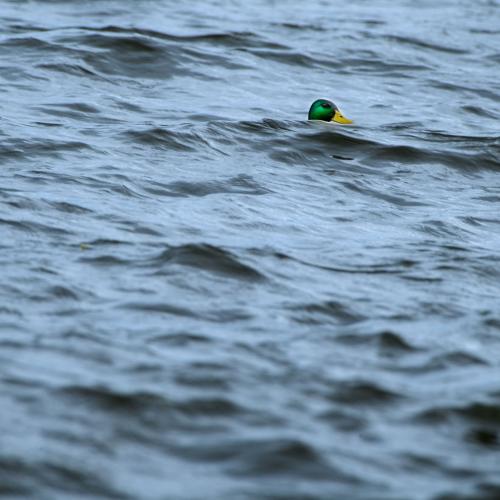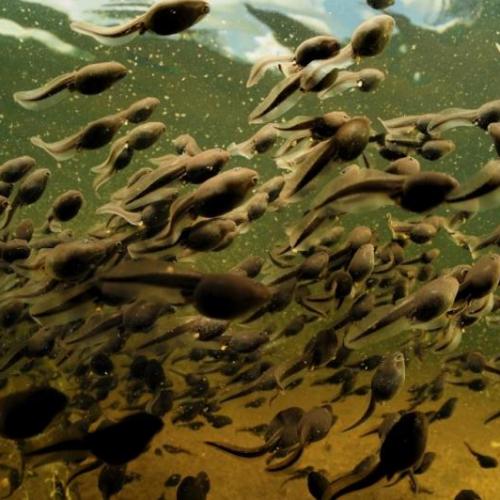The Institute's five research departments form the backbone of our disciplinary expertise and are central to our understanding of freshwater ecosystems and their responses to a changing world. They offer diverse perspectives - from hydrology and biogeochemistry, through community and systems ecology, to evolutionary and integrative ecology. Together, they provide a solid foundation for groundbreaking insights and sustainable solutions for the use and protection of our freshwater resources.
All departments
Department 1 Ecohydrology and Biogeochemistry
How do climate change and human activities affect land-water interactions? Department 1 investigates how physical, chemical and ecological processes interact in coupled ecosystems. Using innovative methods such as tracers, modelling and remote sensing, we develop solutions for water quality and security in rural and urban environments.
Department 2 Community and Ecosystem Ecology
What processes and functions shape aquatic ecosystems and their communities? Department 2 investigates how ecosystems and communities in rivers and lakes respond to climate change and other stressors – but also which improvements are possible. Through experiments, long-term monitoring and societal engagement, we provide the basis for new approaches and sustainable water management practices.
Department 3 Plankton and Microbial Ecology
How are lakes and plankton responding to global environmental change? Department 3 conducts large-scale experiments to investigate biodiversity, nutrient cycling and light pollution. Our research, supported by cutting-edge technologies such as omics tools and AI, provides critical insights for the future of inland waters.
Department 4 Fish Biology, Fisheries and Aquaculture
How to sustainably manage and protect fish stocks? Department 4 combines ecology, genetics and management to conserve the diversity and function of fish populations. With a focus on evolution, behaviour and aquaculture, we provide the foundation for responsible fisheries and species conservation.
Department 5 Evolutionary and Integrative Ecology
How do freshwater organisms respond to global change? Using an integrative approach – from molecules to society – Department 5 studies eco-evolutionary processes across time and space, including the interactions among species and between people and nature. We help to better understand freshwater ecosystems and protect their unique biodiversity in the Anthropocene.



